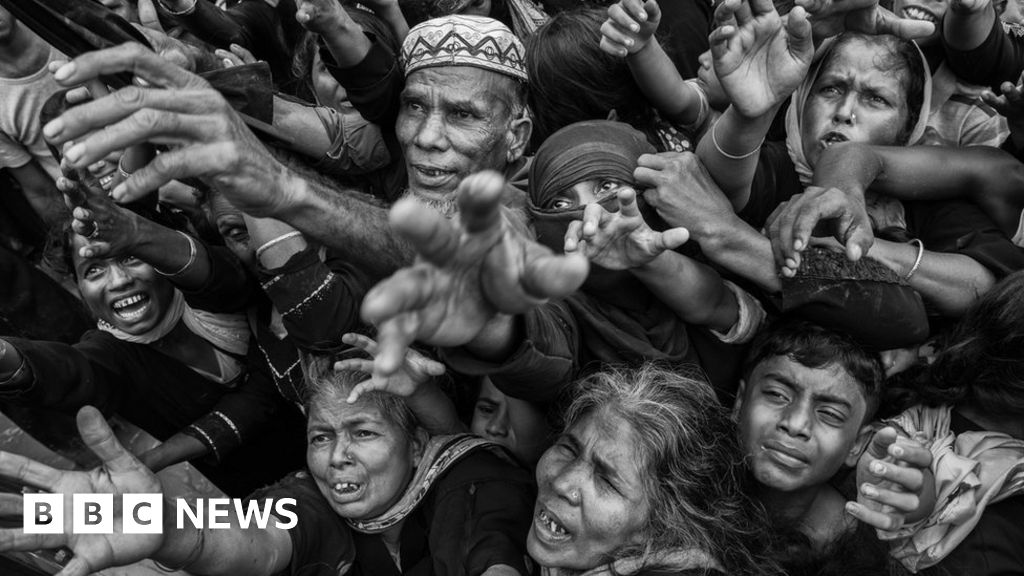
Indiscriminate killing; villages burned to the ground; children assaulted; women gang-raped – these are the findings of United Nations investigators who allege that “the gravest crimes under international law” were committed in Myanmar last August.
Such was their severity, the report said, the army must be investigated for genocide against the Rohingya Muslims in the western Rakhine state.
The investigators' conclusions came despite them not being granted access to Myanmar by the government there, which has since rejected the report.
This is how the investigators came to their conclusions.
The build-up
On 24 March 2017, the UN Human Rights Council agreed to form an independent fact-finding mission on Myanmar to look into “alleged recent human rights violations by military and security forces”.
Five months after the mission was formed, Myanmar's army launched a major assault on Rakhine state, following deadly attacks by Rohingya militants on police posts.
The military's campaign became the main focus of the investigation, which also looked into rights abuses in Kachin and Shan states.
The mission wrote to Myanmar's government three times asking for access to the country. It received no response.
…

